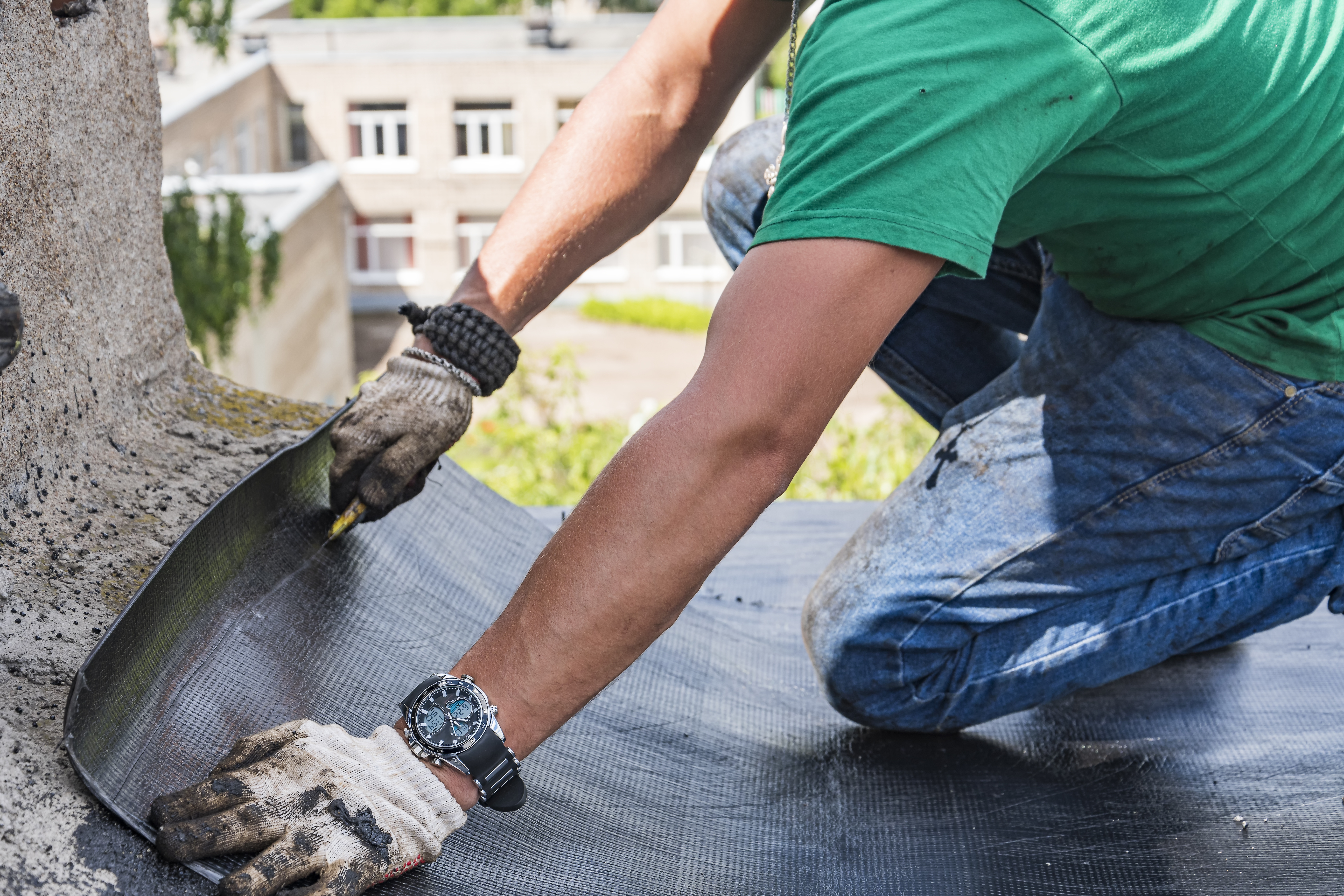

+27 60 357 1122
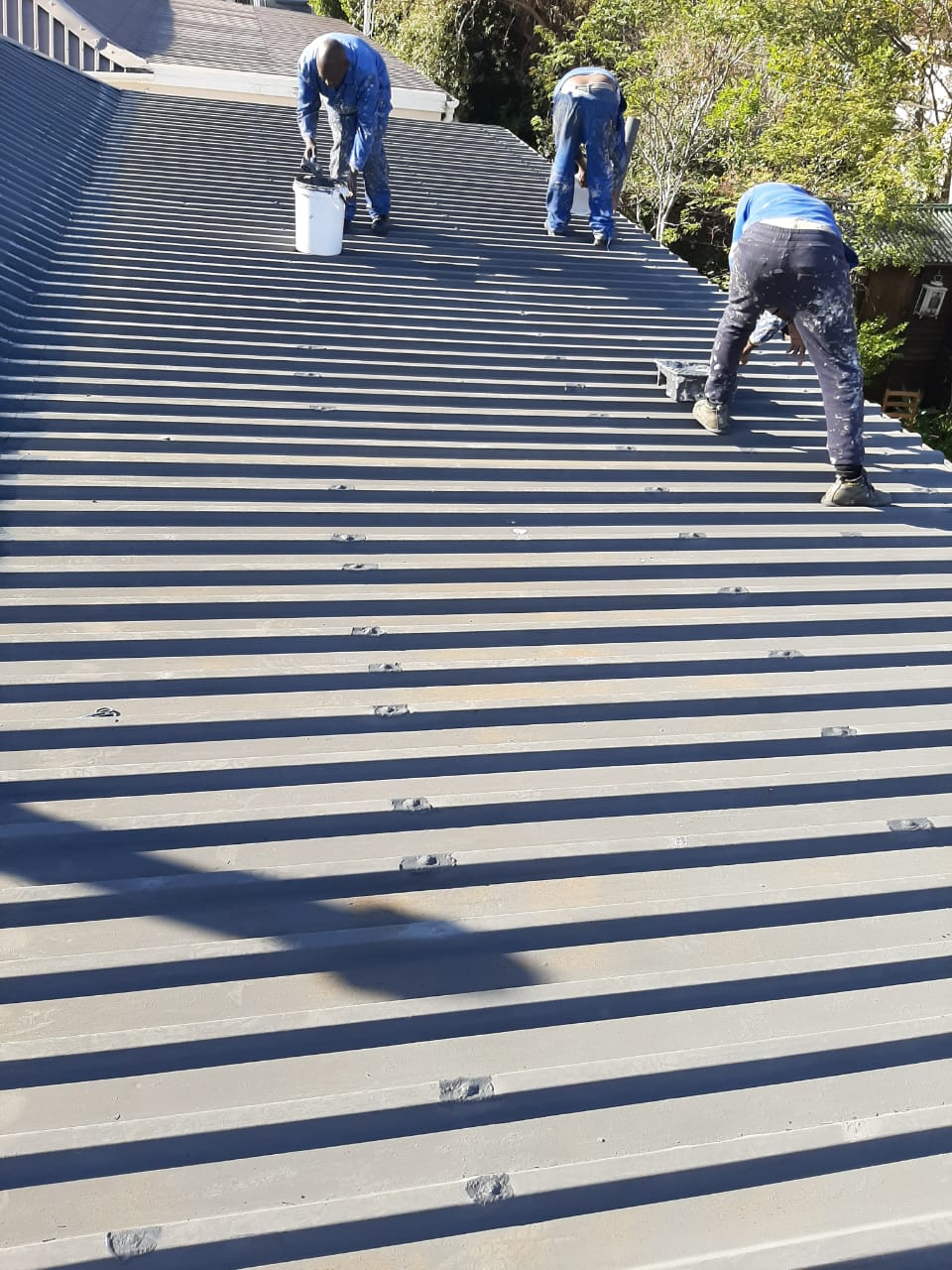
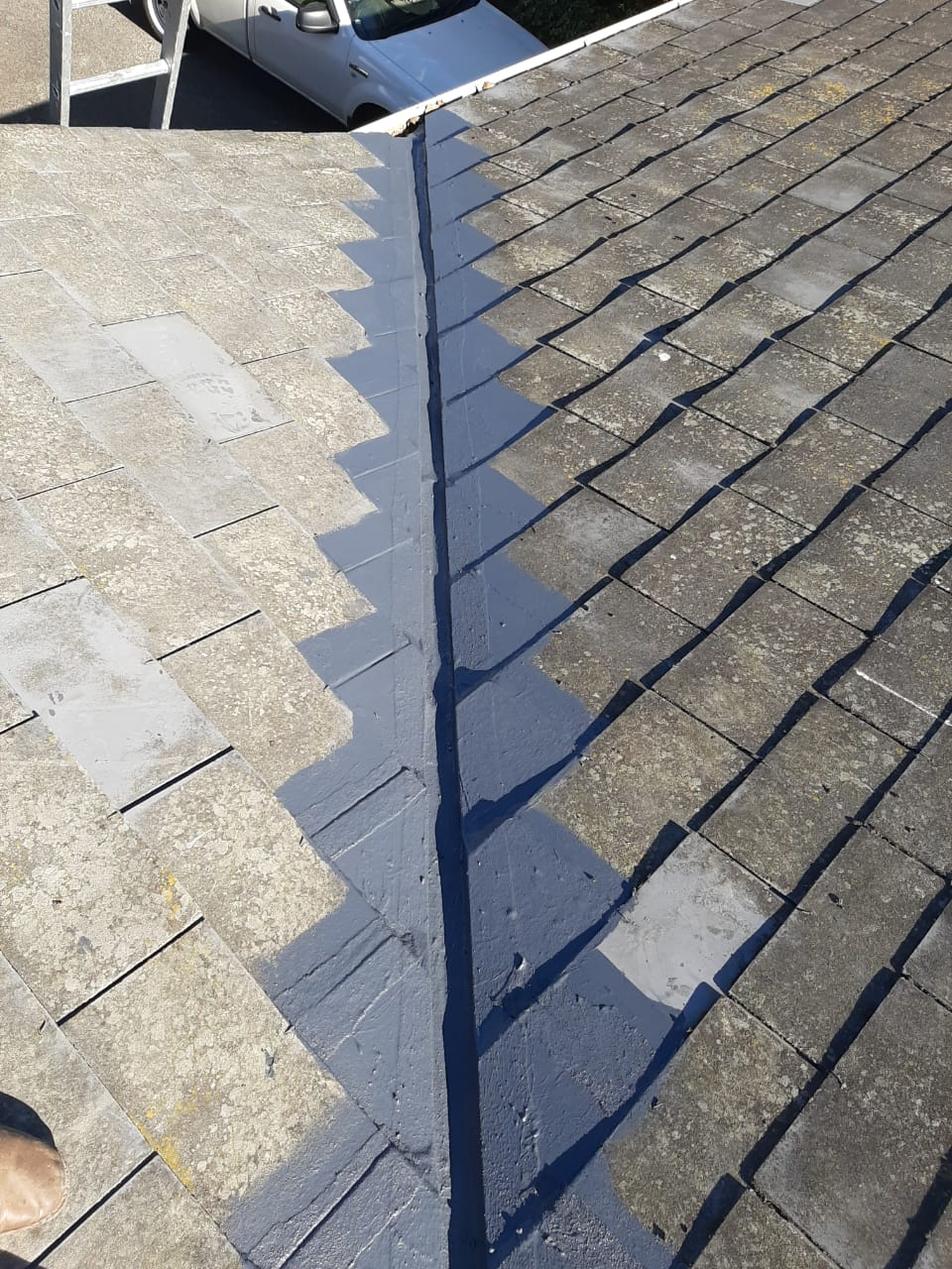
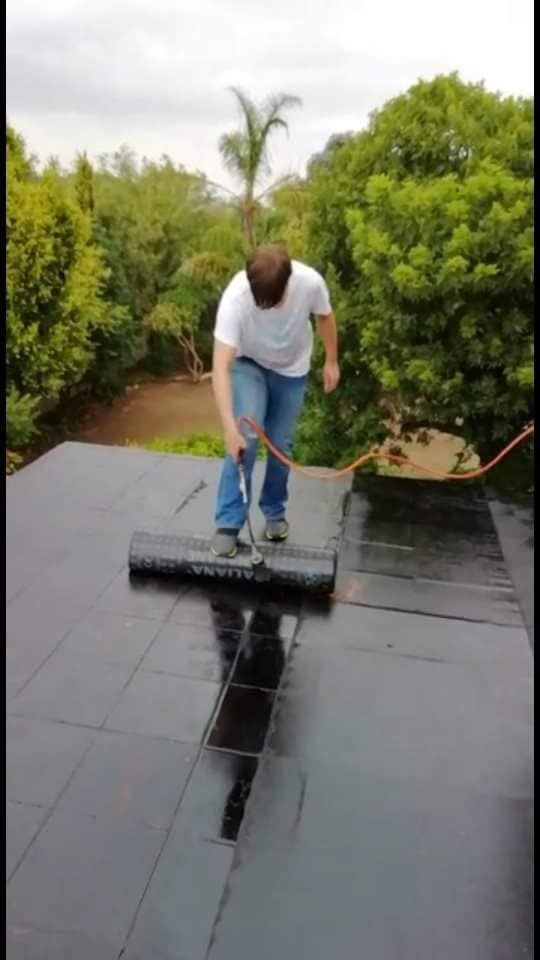
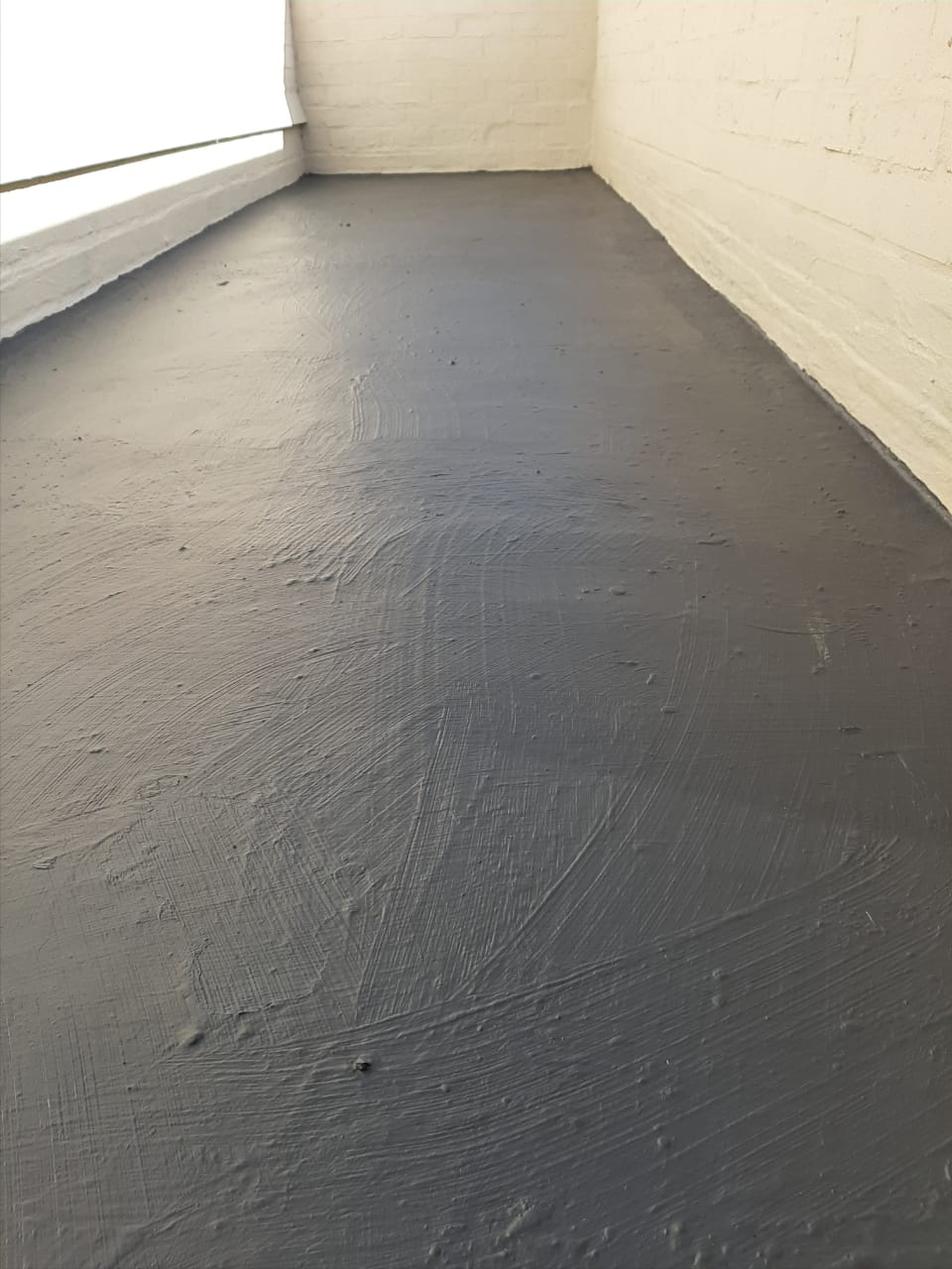
Our Services

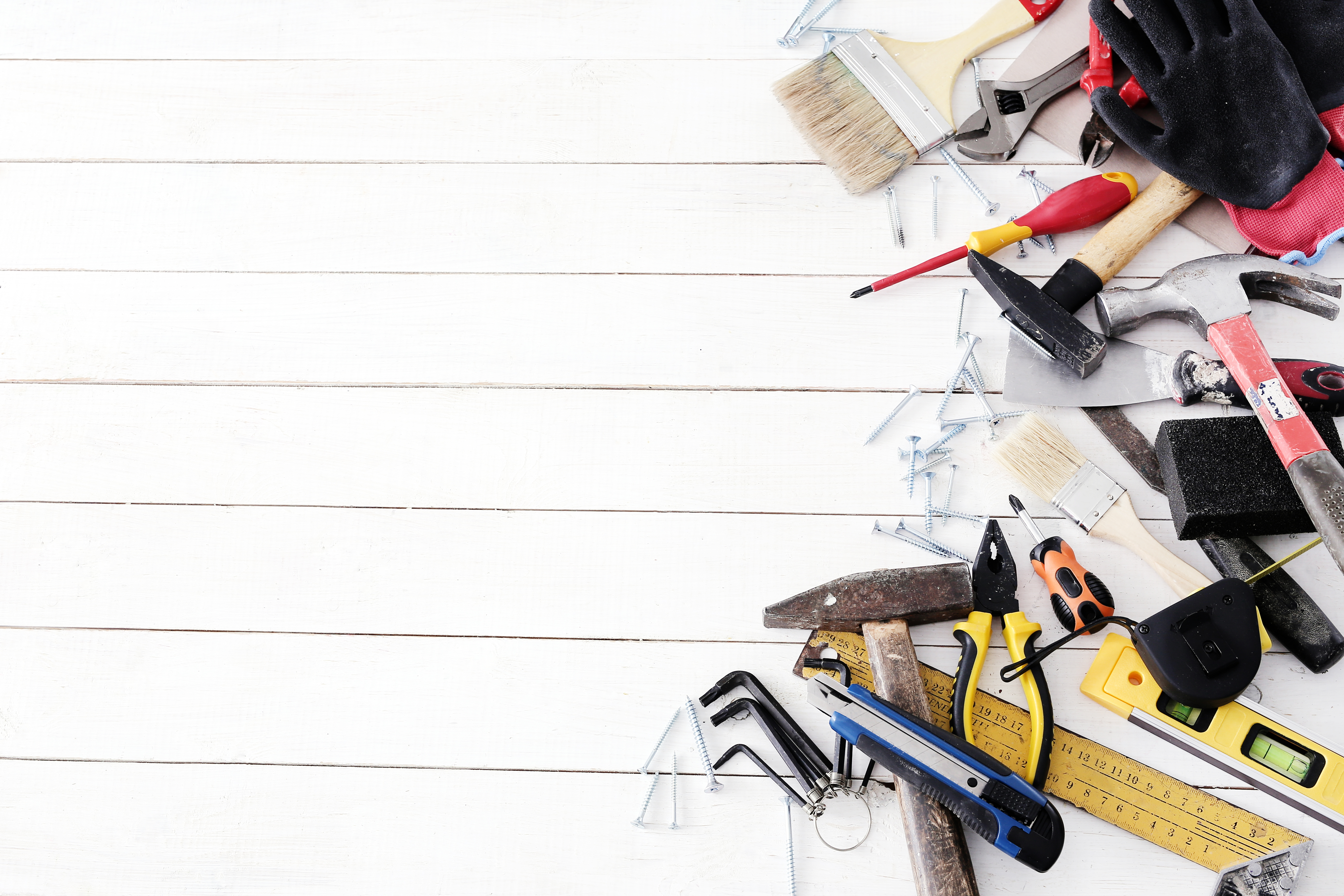
Maintenance
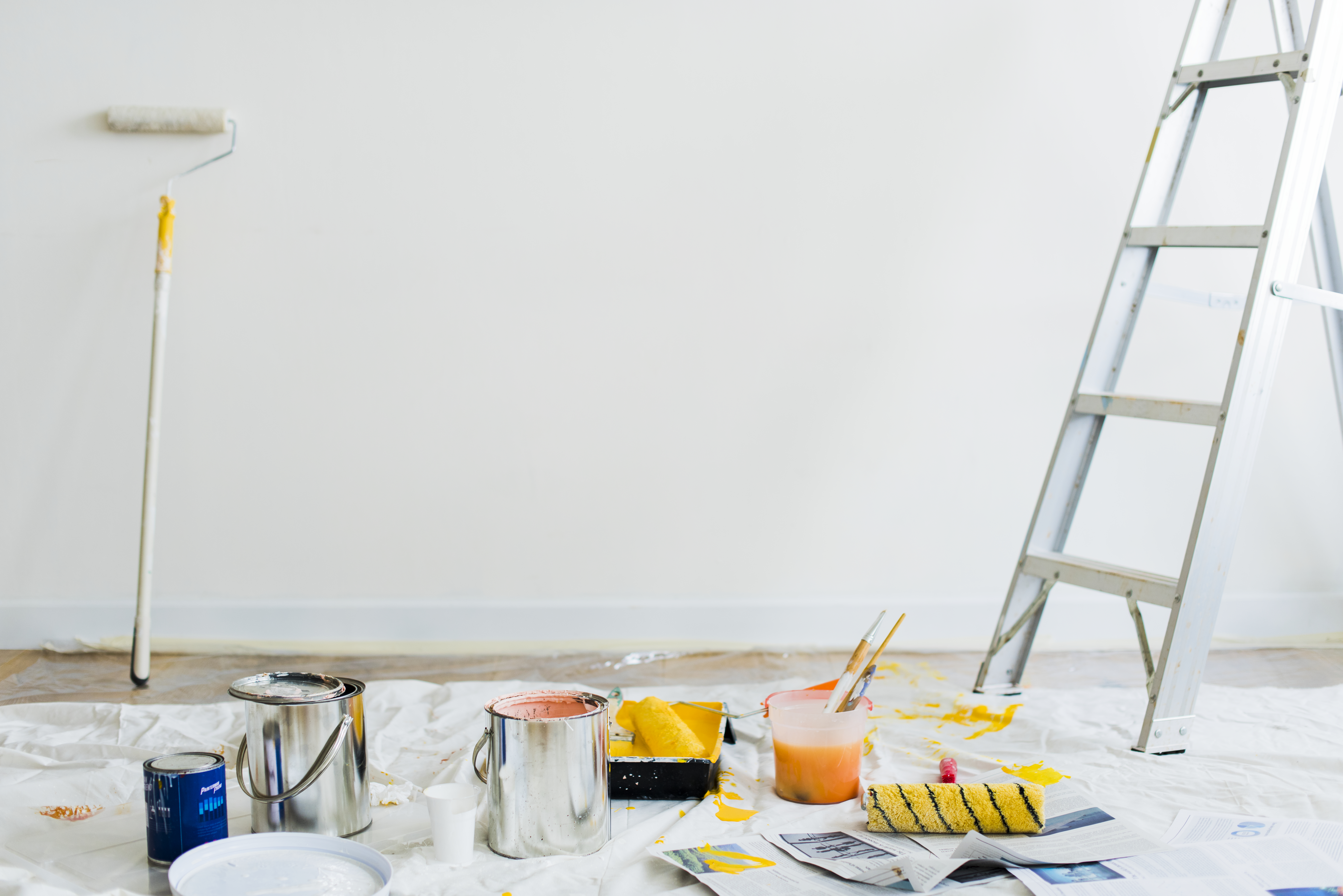
Painting
Waterproofing
Waterproofing describes the process of making an object completely impervious to water. Waterproofing is usually part of a building’s construction process but can also be added later. Good waterproofing doesn’t just keep water out, it also allows for proper drainage to keep water away from a building in the first place.
To understand the problem, you first must determine where the water is coming from and how it is entering the building. We will be able to determine where the problem is and what the best solution for the problem is. We specialise in waterproofing like Torch-on, and Liquid Rubber.
Maintenance
Maintenance activities include keeping spaces, structure, and infrastructure in proper operating condition to prevent failure and/or degradation. This includes one-to-one replacement of components and systems like waterproofing, gutters, facias and so on.
Painting
We do Interior and Exterior painting. Interior paint is made to be scrubbed, resist staining, and allow cleaning. Exterior paints are made to combat against fading and mildew. When starting a painting project, it’s important to know the differences between the two and to choose the right paint.
We offer quality services for interior and exterior painting throughout Cape Town.
FAQ's
Frequently asked questions on Waterproofing and Roof Repairs
How often should you check your waterproofing?
Preventative maintenance should be carried out at least once a year. This includes cleaning out gutters to make sure water is effectively directed away from your home, and checking for any vegetation growing too close, causing damage with their roots or by blowing against your roof.
How often should you check your roof?
The standard rule of thumb in the roofing industry is that you should have your commercial-grade roof inspected twice each year. It is best to have it examined in spring and fall, before entering each extreme season.
What do roof inspectors look for?
While an interior roof inspection includes checking the attic for proper insulation, ventilation, as well as moisture and mould, an exterior inspection includes climbing up on the roof and checking for leaks and proper flashing, as well as the condition of your shingles and chimney.
How often should a roof be replaced?
Knowing when a roof was installed (and what it’s made of) offers insight into how much life it has left. For instance, a typical asphalt shingle roof lasts 20 to 25 years, while a roof installed over an existing layer of shingles should be replaced after 20 years.
Does a flat roof always leak?
Knowing when a roof was installed (and what it’s made of) offers insight into how much life it has left. For instance, a typical asphalt shingle roof lasts 20 to 25 years, while a roof installed over an existing layer of shingles should be replaced after 20 years. The main reason that flat roofs are more likely to leak is that they are less able to shed water. All roofs are sloped at least a few degrees to avoid the allowance of sitting puddles of water. This is why they are also known as low slope roofs.
How does one prevent damp and mould from forming?
Keep on top of outdoor home maintenance.
Keep the home warm.
Ensure the home is well-ventilated.
Avoid producing lots of moisture.
Remove excess moisture.
Choose moisture-resistant décor finishes.
Leave room to breathe
What is the difference between rubber liquid and torch on?
Liquid Rubber is quite literally a liquid rubber that can be applied to most surfaces to form a waterproof layer. It can stretch and shrink up to 75%. It is applied with a brush and dries naturally within 2 hours.
Torch-on waterproofing is a highly effective and durable technique to protect your roof against water and damp.
In essence, a waterproofing membrane is applied to flat, smooth surfaces. This membrane is made out of extremely sticky and viscous organic liquids, with bitumen as the key ingredient. The surface must be sound, primed and completely clean before application.
The membrane is then applied by being “torched on” or heat-fused to the underlying surface. This creates a powerful watertight seal.
This technique is often used on flat roofs to prevent water leaks, but it can be used for a variety of applications in both residential and commercial buildings, such as roof slabs, balconies and patios and foundation or retaining walls.
How long is a quotation valid for?
Our quotation is valid for 14 days.
What is the difference between a quotation and consultation?
A Consultation is a report given on your roof. The state of it, what your waterproofing looks like and recommendations will be given. a Quotation is a price given on repairs and or maintenance.